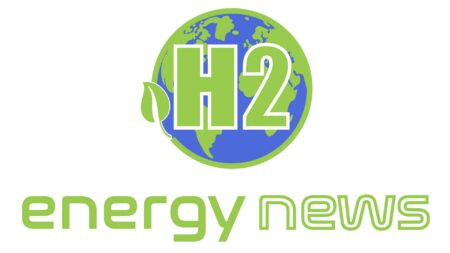German system integrator VINCI Energies Deutschland Industry & Infrastructure GmbH and Enapter GmbH, a wholly owned subsidiary of Enapter, have…
Browsing: Germany
The GETEC Group was one of the first German companies to sign a cooperation agreement with the Abu Dhabi National…
Germany’s Chancellor, Olaf Scholz, has committed to expanding the country’s gas and coal storage facilities in order to mitigate any Russian supply interruptions.
Canberra has committed A$50 million ($36.6 million) to hydrogen supply chain projects through the Australian Renewable Energy Agency (Arena), with Germany contributing an extra €50 million (54.4 million) to companies that have successfully sought financing.
Africa has the potential to become a renewable energy exporter. From Egypt to South Africa, German corporations are developing projects.
According to the paper, green hydrogen may be generated at a cost of around 3 euros per kilogram in some European nations by 2030, attaining cost parity with blue hydrogen, which is created from natural gas with the storage of carbon dioxide emitted during the process.
In order to offset the effects of the ongoing situation between Russia and Ukraine, the firm plans to import millions of tons of renewable hydrogen to Germany in the form of green methane, which is the least expensive approach.
Hamburg is getting ready for the future (green). Senator for Economics Michael Westhagemann (independent) aims to turn the city into a hydrogen import center. Now it’s time to outline the plan.
Europe is looking for alternatives to natural gas, not least because of its dependency on Russia. A confidential document from the federal administration shows where things could go.
In 2045, depending on how hydrogen consumption increases in specific industries, eastern Germany might face an annual hydrogen shortfall of up to 54 TWh.



